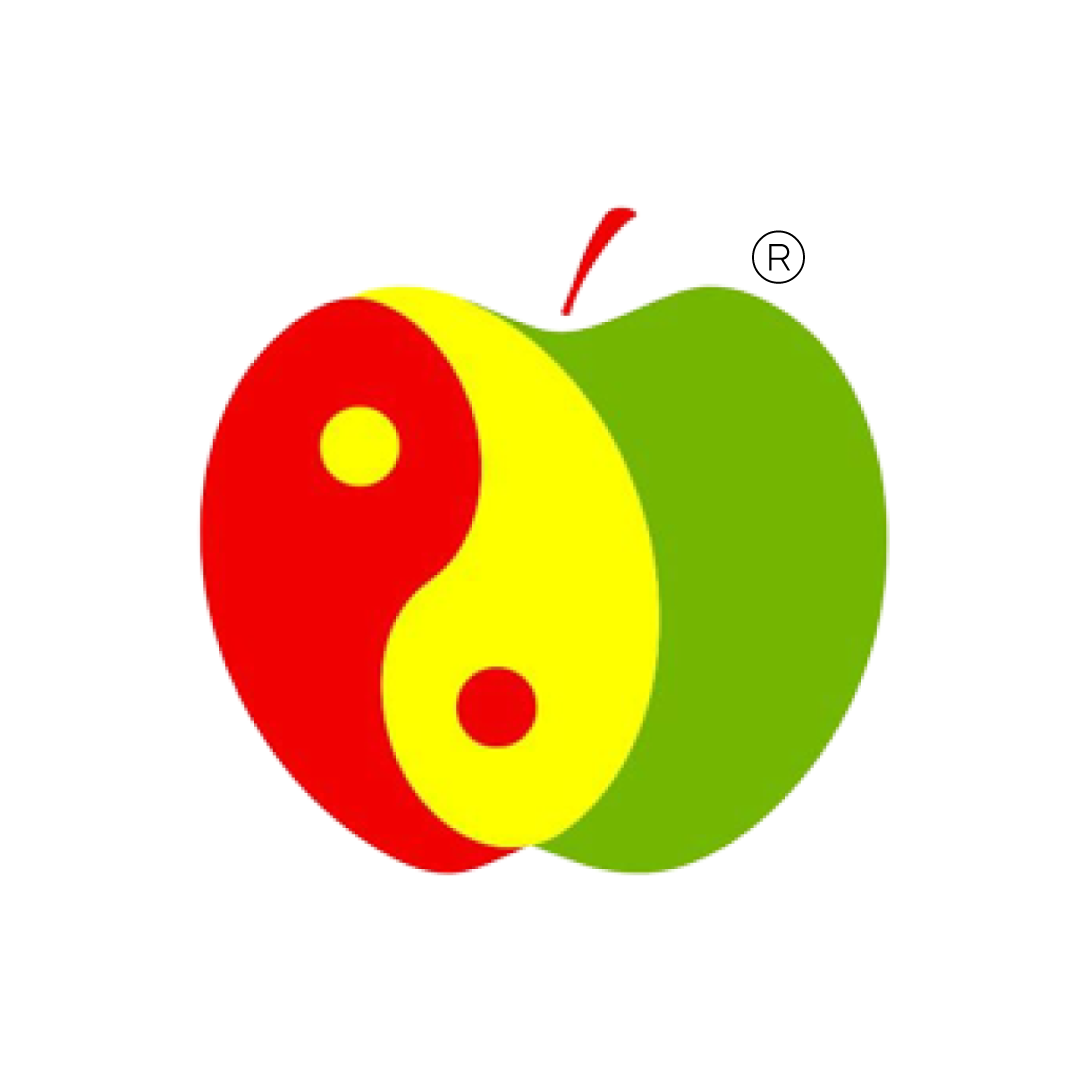Frequently Asked Questions
Explore common questions about the plant-based raw food lifestyle.
A plant-based raw food diet focuses on consuming natural, unprocessed, and uncooked fruits, vegetables, nuts, seeds, and sprouted grains. This lifestyle emphasizes eating foods in their most natural state to preserve essential nutrients, enzymes, and energy for optimal health and vitality.
The benefits of embracing a raw food lifestyle include:
Increased energy levels
Improved digestion and gut health
Weight loss and balanced metabolism
Clearer, glowing skin
Enhanced mental clarity
Strengthened immune system
Better overall well-being
While the core of the raw food diet emphasizes uncooked plant-based foods, some individuals may incorporate small portions of lightly cooked or steamed plant foods. However, the goal is to maintain the majority of your intake as raw and living foods for maximum nutritional benefits.
Start gradually: Replace one meal at a time with raw alternatives.
Eat a rainbow: Include a wide variety of fruits and vegetables.
Stay hydrated: Drink plenty of water and fresh juices.
Plan your meals: Keep your kitchen stocked with raw essentials.
Seek support: Work with a nutritionist or follow a reliable guide.
Yes, there can be some challenges such as:
Ensuring complete nutrition (e.g. Vitamin B12, Iron, Omega-3)
Food safety and hygiene
Limited options when dining out
Proper storage and preparation of raw meals
With proper planning and guidance, these challenges can be overcome easily.
Here are a few favorites from the RawFoodiest community:
Zucchini noodles with raw marinara sauce
Raw kale and avocado salad
Cashew-based raw cheese
Chia pudding with fresh fruits
Green smoothies and cold-pressed juices
Yes! While fully raw options may be limited in restaurants, you can often find raw-friendly items like fresh fruit bowls, salads, veggie sticks, and guacamole. It helps to plan ahead or call ahead to customize your order.
You can meet your protein needs through raw plant-based sources such as:
Almonds, walnuts, cashews
Sunflower and pumpkin seeds
Sprouted legumes
Leafy greens like spinach, kale, and broccoli
Eating a balanced mix of these foods daily helps ensure adequate protein intake.
Absolutely. Plant-based raw food diets have a lower environmental impact, using fewer natural resources and producing less waste and greenhouse gases compared to animal-based or processed food diets. It’s a sustainable choice for both your health and the planet.
While a raw food lifestyle can offer numerous health benefits, it may not be ideal for everyone. Pregnant or breastfeeding women, children, or individuals with certain medical conditions should consult a healthcare provider before switching to a raw food diet.
Note: Always consult with a qualified healthcare professional or a registered dietitian before making any significant dietary or lifestyle changes.

